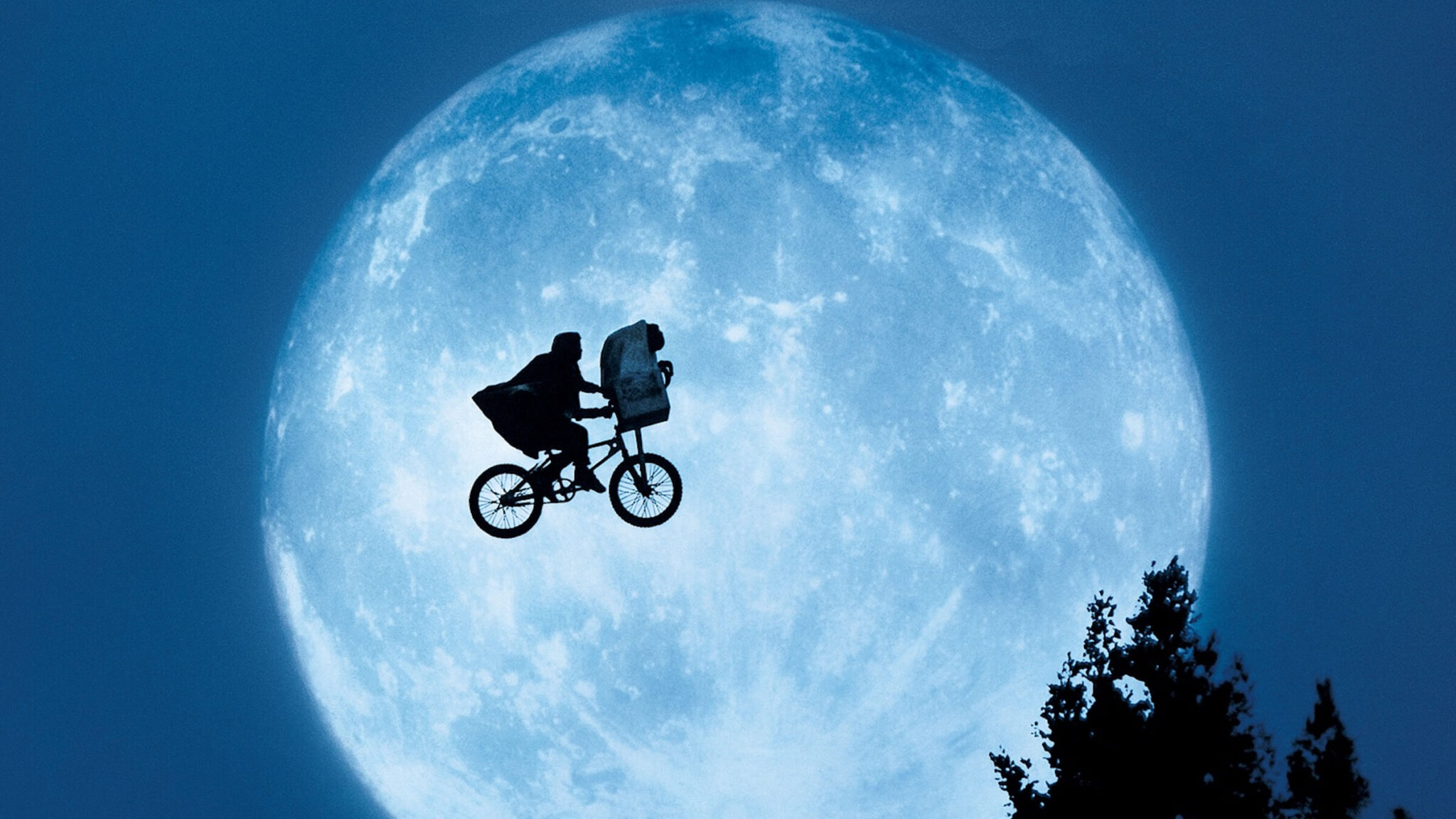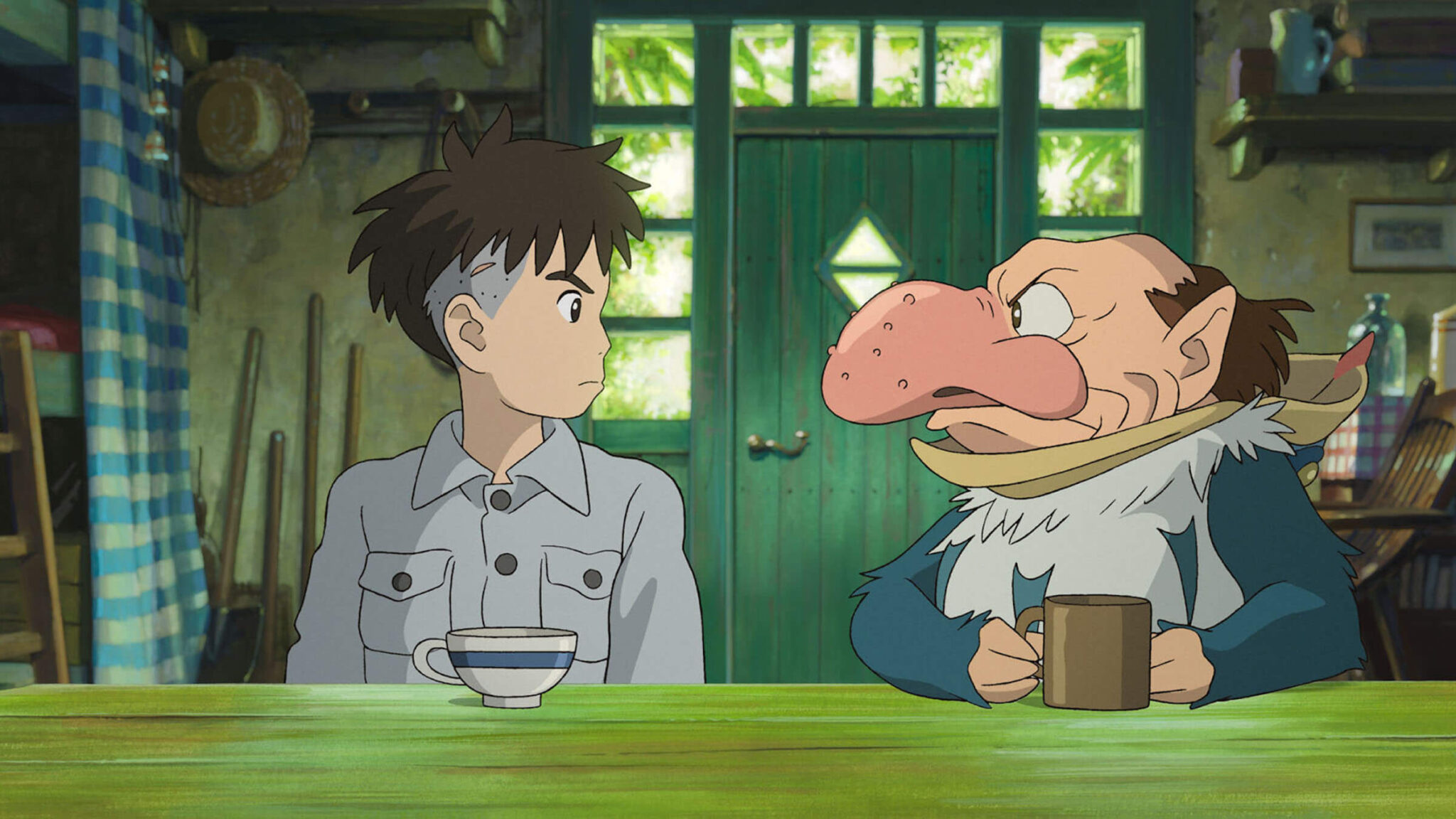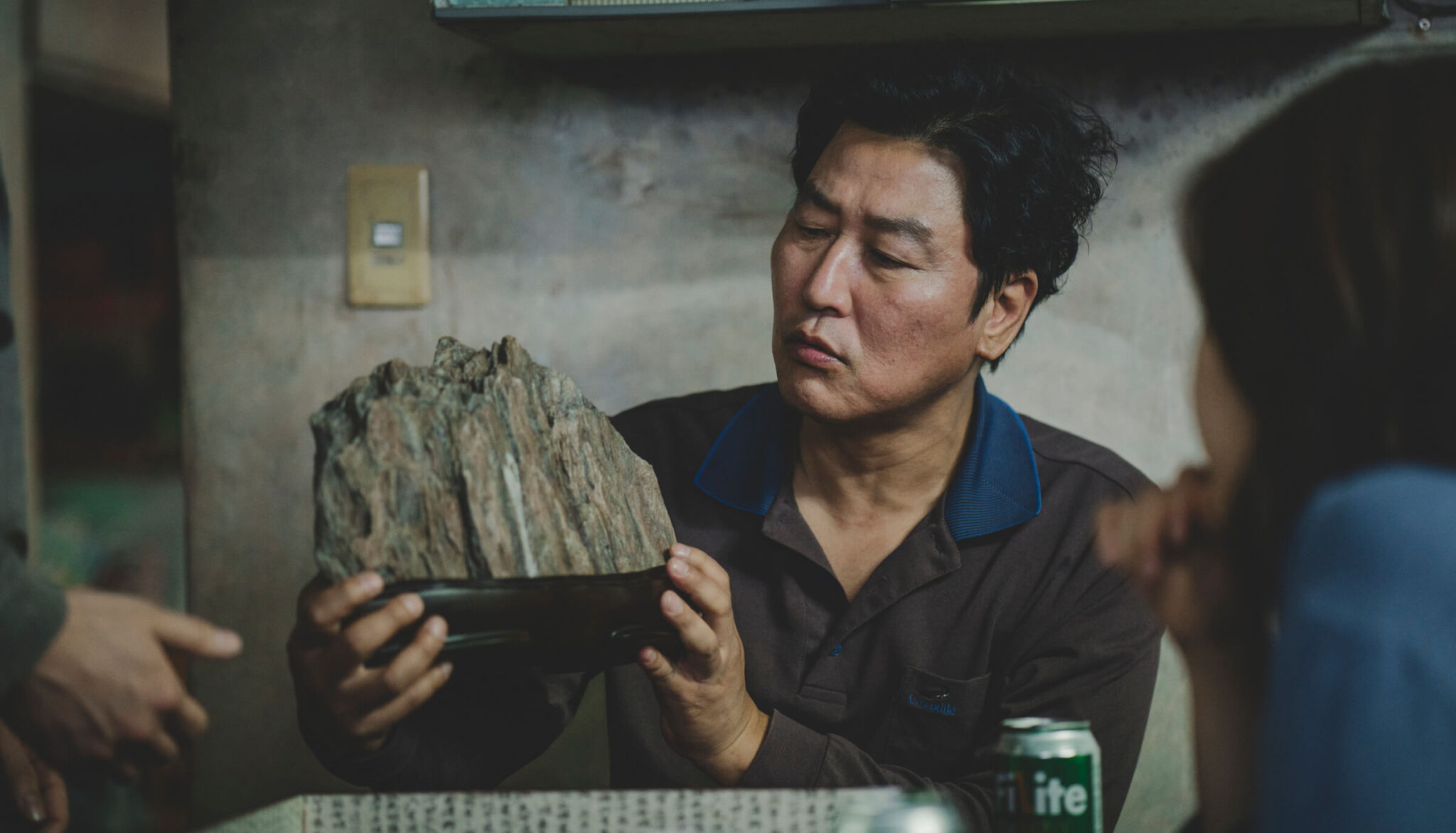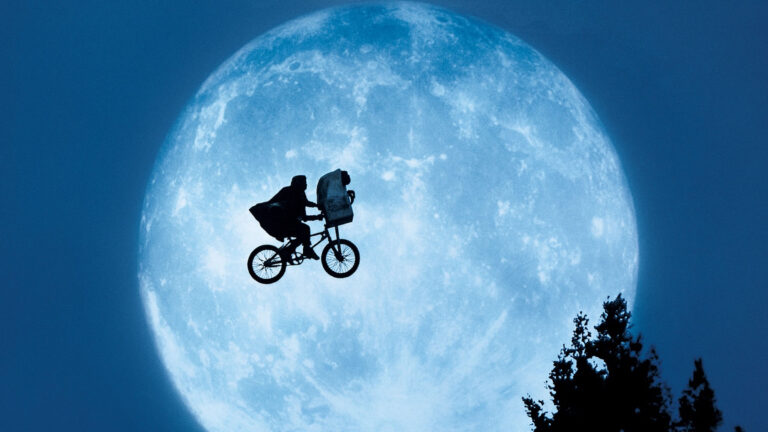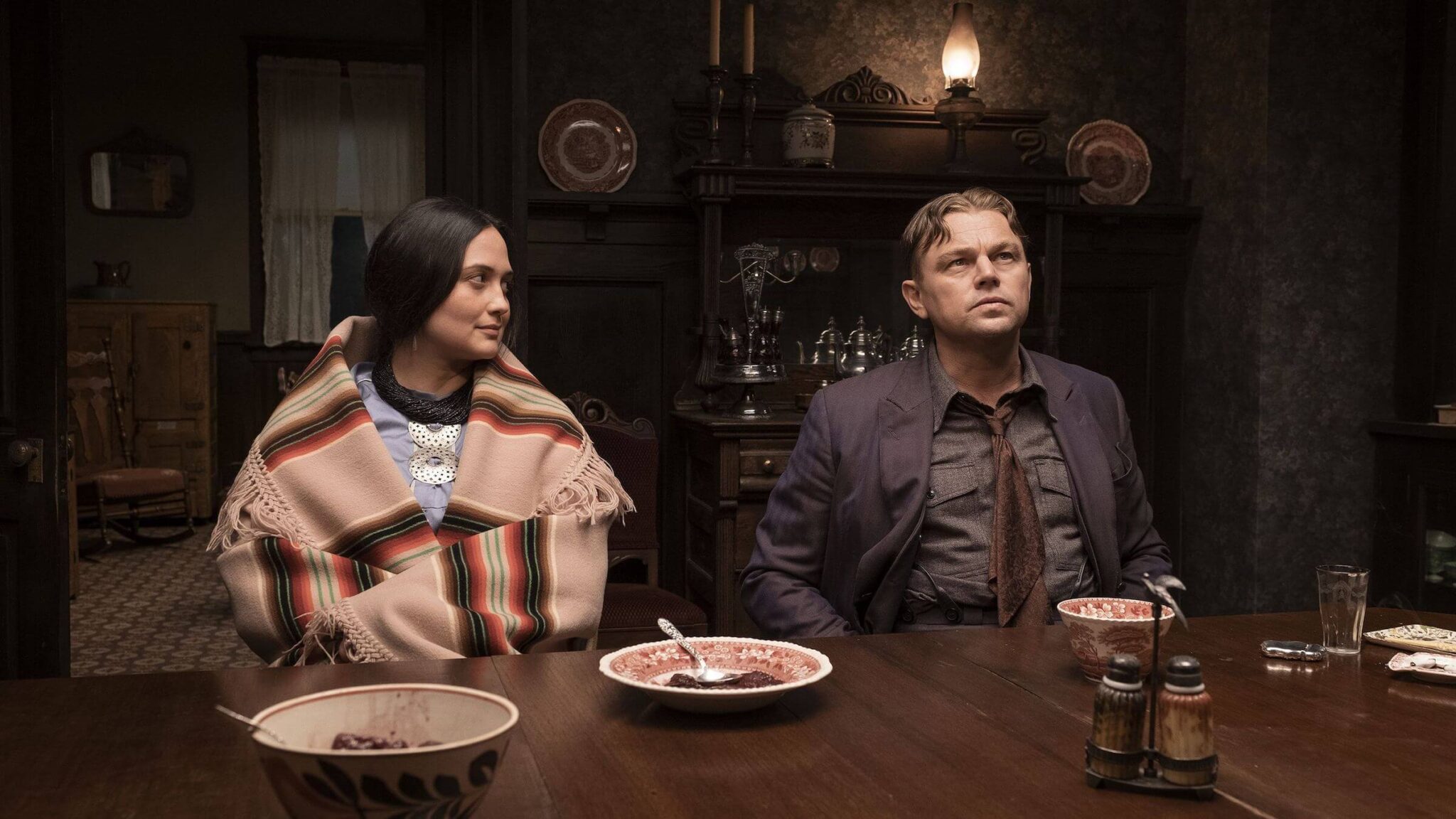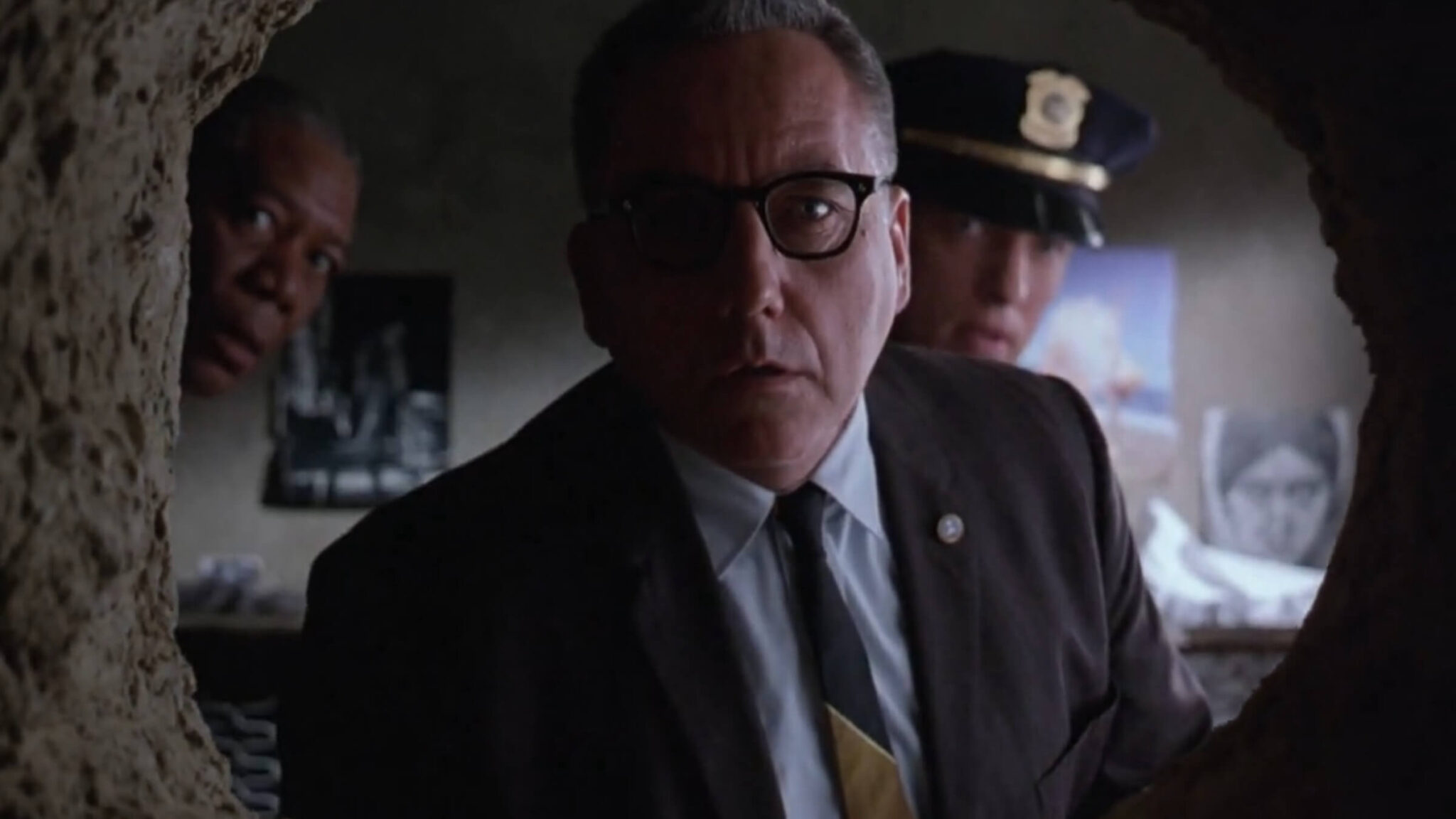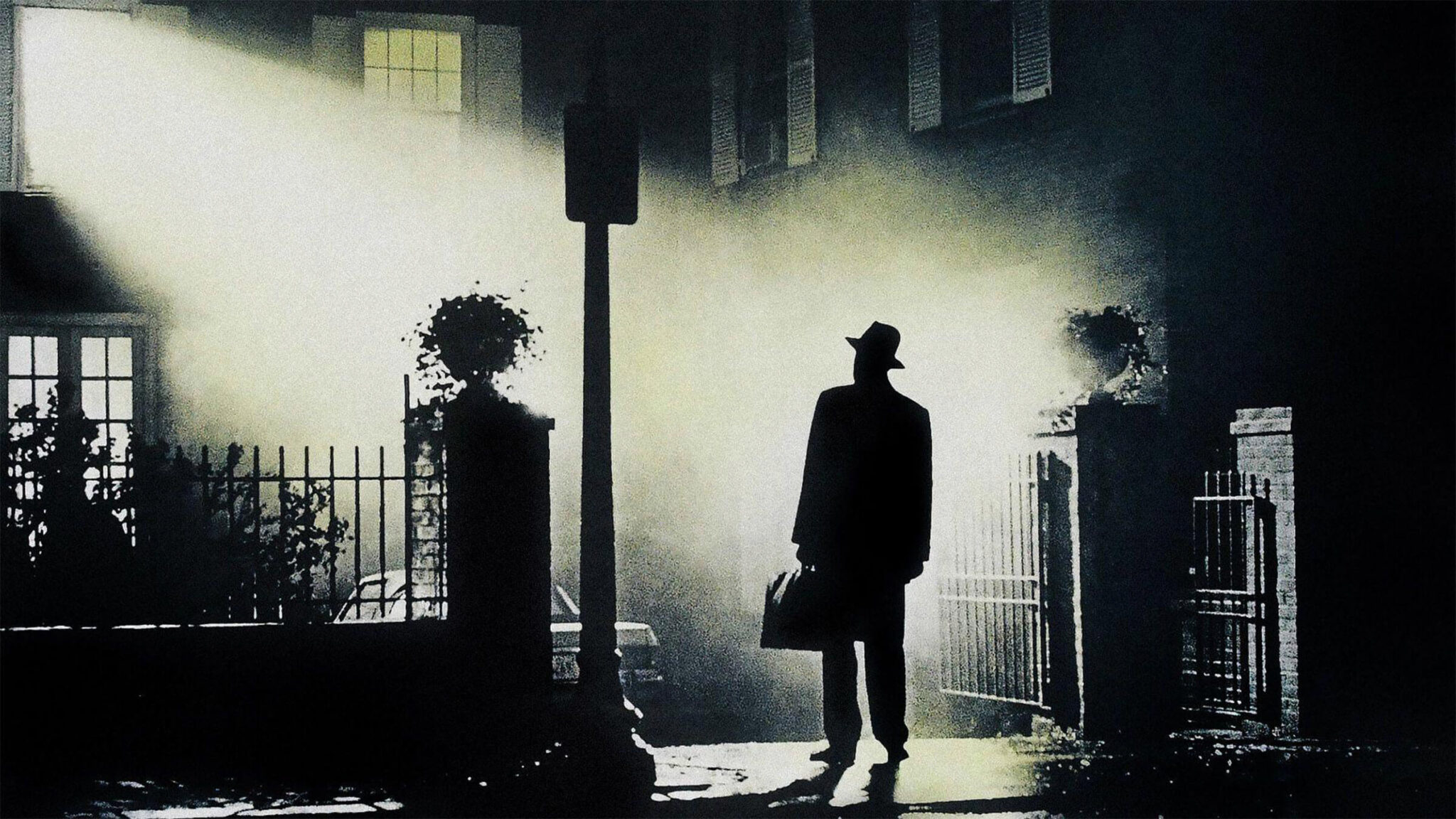Screenwriting Wisdom from Auteur James Cameron
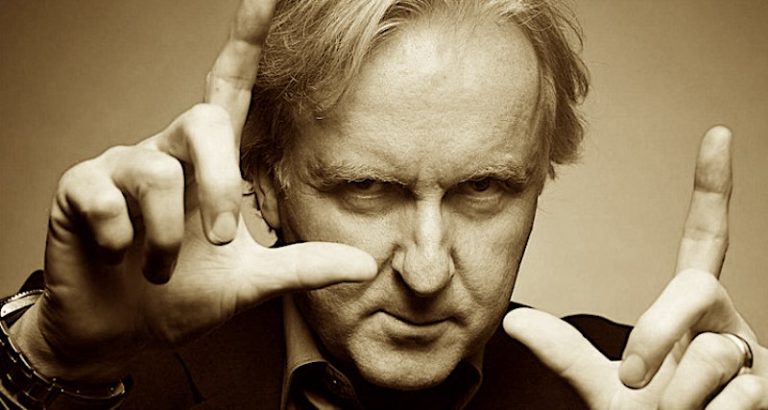
What screenwriting lessons can we draw from the words of one of our generation’s most visionary auteurs — James Cameron?
While most know of his iconic film directing and his pushing of the special effects envelope throughout the last three decades, Cameron is less known as a writer. The truth is, he's written every film that he's directed.
Born in 1954 in Kapuskasing, Ontario, Canada, Cameron grew up to attend Stamford Collegiate School in Niagara Falls, Ontario. He was just seventeen years old when his family moved to Brea, California in 1971, later dropping out of Sonora High School until he attended Brea Olinda High School to further his secondary education.
Cameron enrolled at Fullerton College, a two-year community college, in 1973 to study physics. He switched to English but dropped out before the start of the fall 1974 semester.
He worked several jobs and continued writing when he had time. He also found time to teach himself about special effects. Cameron told Syd Field, "I'd go down to the USC library and pull any thesis that graduate students had written about optical printing, or front screen projection, or dye transfers, anything that related to film technology. That way I could sit down and read it, and if they'd let me photocopy it, I would. If not, I'd make notes."
While working as a truck driver to make ends meet, Cameron went to see Star Wars in 1977. He quit his job soon after to pursue a career in film.
After learning more about screenwriting from Syd Field's book Screenplay, Cameron saw that he could marry his love of science with art. He went on to write a 10-minute science-fiction script called Xenogenesis with two friends. The trio raised money to rent a camera, lenses, film stock, and studio space to shoot the short in 35 mm.
Have you written a great sci-fi script? Enter the ScreenCraft Sci-Fi & Fantasy Screenwriting Competition here.
After some production assistant work, Cameron found regular work as a miniature model maker at Roger Corman Studios — teaching him efficiently as Corman and the studio made rapidly produced low-budget movies.
In 1980, Cameron was hired as an art director for Battle Beyond the Stars. He then worked in special effects and art direction on John Carpenter's Escape from New York, as a production designer on Galaxy of Terror (1981), and later consulted on the design of Android — all within the span of a couple of years.
Cameron went on to work as a special effects director for Piranha II: The Spawning in 1982.
As fate would have it, the original director left the project due to creative differences with producer Ovidio Assonitis. Assonitis gave Cameron his first job as a feature film director.
While the film was a box office and critical failure, Cameron was inspired to write a screenplay that originated with a nightmare he once had onset during a bout of food poisoning, about an invincible robot hitman sent from the future to kill him.

That script was called The Terminator.
That screenplay, and eventual film, ended up being his breakout auteur job, leading to his attachment as the writer and director of Aliens, the follow-up to the 1979 Ridley Scott sci-fi horror hit. While working on the script for that film, he also scripted Rambo: First Blood Part II.
With Aliens debuting as an instant hit (and regarded as one of the best sequels of all-time), Cameron had his choice of projects to develop, write, and direct. He would go on to make The Abyss, Terminator 2: Judgement Day, and True Lies until he pursued a dream project of a "little" film called Titanic.
Cameron's last two films — Titanic and Avatar — pushed the limits of technology and married them with epic storytelling.
Read More: How 'Avatar: The Way of Water' Gets to "Level 3" Storytelling
Here we feature some of James Cameron’s greatest quotes on directing, writing, and cinematic storytelling as a whole — followed by our own elaboration.
"I loved the idea of being in another world, and anything that could transport me to another world is what I became interested in."
Screenwriting isn't just about making money doing something that you love — telling stories. There's the magical factor of being a world-builder and placing yourself in a world different than yours. It could be the past or future. It could be based in our reality or set within a whole different reality.
Yes, making money writing movies is a great thing. It's the best job in the world for a cinematic storyteller. But don't forget about the magic that goes along with that journey. Take a minute to appreciate every screenplay that you finish, even if it doesn't ever sell. Why? Because you get to experience the worlds that you create. It's magical.
"Gradually, I saw that the medium of film could accommodate both my interests in science and art."
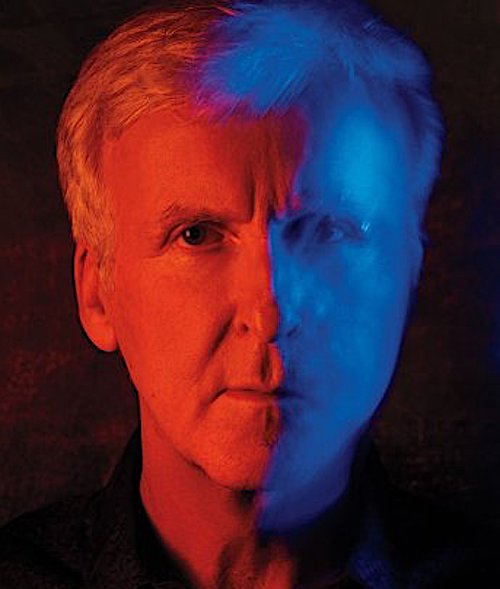
The best screenwriters create hybrids of what they love in life. Cameron took his love for science and created some of the most amazing science fiction epics we've ever seen.
He took his love for the craft of model making and applied it to his early films — which actually made them stand the test of time so much more than others of that 1980s era.
He then brought his love for deep-sea adventure and applied it to his interest in the lore of The Titanic.
Put everything that you love into the choices that you make as a screenwriter. The writing will be better because of that.
"I’ve always known that people seek out the information and knowledge they need. They seek it and find it. It’s like a divining rod to water; nobody will give you the pathway. It’s something you have to find for yourself."
If you want to learn more about screenwriting, find your way through it. If you're researching a screenplay, do everything that you can to learn about what you're writing.
Research shouldn't be thought of as a job. If you pick the right concepts — things that you're passionate about — you'll find yourself entranced by the research.
"From a writing standpoint, the things that interested me the most were the characters."
Too many screenwriters that love the big spectacle of James Cameron movies and want to emulate that make the mistake of focusing on the spectacle instead of the characters.
That's where everything starts.
It's not about the tag line, the concept, the genre, the action, etc. All of those are essential elements in big movies, yes. But it's always centered first on the characters and the journeys that they are on within the spectacle.
"There are many talented people who haven’t fulfilled their dreams because they over thought it, or they were too cautious and were unwilling to make the leap of faith."
If you want to be a writer, just write. If you want to be a director, just direct.
Don't overthink it. Don't be too cautious about your choices. And be willing to just leap off of that cliff by starting a project.
That's where it all begins. The rest will work itself out — but you can't go anywhere without the experience, without the content, and without all of the successes and failures along the way.
"Inspiration can hit you in the head at any time in any context. It could happen in a conversation. Talking to someone at a party, you can get an idea. But you’ve got to remember those inspirations."
Don't take inspiration for granted. When you get that inspired visual, concept, or character note — no matter when or where that happens — do everything you can to remember it.
Many believe that most stories are already written within your creative mind — it's the discovery of those stories and all of the elements within that represents the real work. So when those elements surface, do everything you can to remember them. Never take them for granted.
"I’m a storyteller — that’s what exploration really is all about. Going to places where others haven’t been and returning to tell a story they haven’t heard before."
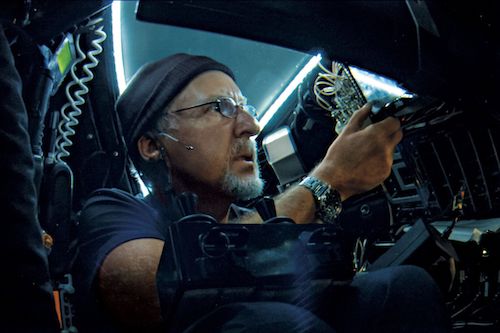
It's very easy to follow trends or write your own versions of the movies that you love. But if you're a true storyteller, it's about exploration. It's about finding stories that haven't been told in ways that no one knew you could tell them.
"Imagination is a force that can actually manifest a reality. Don’t put limitations on yourself. Others will do that for you."
It's natural to feel the need to take the advice of pundits and professionals. They'll tell you to write to a budget that studios and production companies can afford. They'll ask you to rein it in.
But with some scripts, you just need to let go of all of the limitations that others put on you. Push the envelope. Take chances. Give us something that we've never seen before.
"I feed on other people’s creativity, photographers, artists of every kind. Sometimes a feeling that you get listening to a song can be so powerful. I’ve wanted to write whole scripts around what I felt just listening to a piece of music. I think music is important and surrounding your visual field with stimulating things."
Inspiration for a screenwriter is — and needs to be — found in multiple places. It can come from visuals, and it can come from sounds and music.
In regards to the latter, when you're developing your next screenplay, consider creating a temp soundtrack for your cinematic tale. Pick and choose from many movies that have the same tone and atmosphere that you want to use for your story. And as you write, listen to the music and let it drive the scene.
Read ScreenCraft's How to Use Music to Write Better Screenplays!
"If you set your goals ridiculously high, and it's a failure, you will fail above everyone else’s success."
You need to stay grounded as a screenwriter. If you expect your first script to be an Oscar-winner, you're setting yourself up for early failure.
It's great to have high hopes and dreams, but you need to get off of Cloud Nine and bring yourself back down to reality so that you can learn and hone your craft.
"Sometimes, the more fantastic an idea is, the more you have to be very careful about how you design it."
![]()
It's very easy to lose the audience — which, in the case of a screenwriter trying to sell their script, is the reader.
Coming up with fantastical concepts that nobody could have dreamed of is wonderful, but if you don't ground that big idea so the reader can relate and identify with it, you're going to be dealing with an uphill battle.
"[Storytelling is] always about the characters and about how those characters express something that the audience is feeling. So it has to have some universality to it having to do with relationships, where it’s parent/child, male/female, whatever it is. And then you have to take them on a journey. And then you have to make it excruciating somehow."
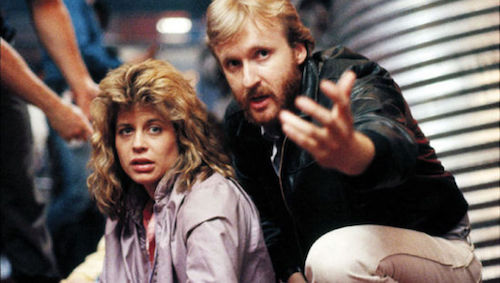
Catharsis is the single most important element of screenwriting. It doesn't matter how good the concept is, how great and visionary the action sequences are, or how well you work within a particular genre. If you don't create characters that audiences can relate to on a universal level, you're not going to connect with them.
And when it comes to screenwriters, that audience is the reader. Make them fall in love with your characters. And if they're not meant to love them, make them engaged by them enough to care what happens when you put them through the most difficult challenges.
"You have to not listen to the naysayers, because there will be many, and often they’ll be much more qualified than you and cause you to doubt yourself."
Hollywood is built to reject you. They have to be like that because of the endless amount of screenplays coming in and out of their inboxes.
And then there are the pundits and gurus that have their own agendas.
While you need to read and consider every single note and every single point of constructive criticism, you also need to be aware of those that are just rejecting you to reject you or dismissing you to dismiss you.
Take what you want to take from feedback, coverage, and notes, and leave the rest behind. Be open to criticism, but don't be a slave to it.
"People ask me all the time, ‘What would your advice be to a young filmmaker?’ It used to be, pick up a camera, and start making a movie. Now my advice is, live a bit of life, then pick up a camera and make a film about what you know and what you’ve experienced. Don’t go from being a superfan in high school to film school, and come out knowing nothing about life except what you’ve seen in movies. Because you don’t know shit. You’ve got nothing new to say."
Learn the best way to structure your screenplay with this free guide.
Make no mistake, even if you're young and naive, you still have something to say as a screenwriter — as long as you have an imagination. But there's something to be said as far as living a little life before you fully pursue that screenwriting career. And you can certainly do that as you write.
Don't worry about or expect your first couple of scripts to sell or get you assignments. Take some time to write as many as you can. When you first start out, take two years to develop and hone your skills as you write, write, and write.
You'll find that the screenwriting experience and life experience will make your work even better.
"Hope is not a strategy. Luck is not a factor. Fear is not an option."
You can't rely on hope to strategically maneuver through your screenwriting career.
Luck is something that is made by you through opportunities. You can't toss your script onto the streets of Los Angeles and hope that your luck is good enough that a major Hollywood player will pick it up and love it. You make your own luck in Hollywood.
Read ScreenCraft's How to Make Your Own Luck in Hollywood!
And the fear of failure or fear of success is not something that you want present in your screenwriting journey.
"To convince people to back your idea, you’ve got to sell it to yourself and know when it’s the moment. Sometimes that means waiting... It’s like surfing. You don’t create energy; you just harvest energy already out there."
You need to be able to convince yourself that you'd be ready and willing to invest millions in this screenplay. And when you can do that, you need to then learn how to realize what moments are genuine.
If you jump on every single little possibility, you're going to burn a lot of bridges. Feel the energy around any lead you come across. If you meet a manager or agent at an event, don't email them the next Monday unless you really feel that there was genuine interest from them. And even then, maybe wait and see if they contact you first. If that happens, you know it's meant to be.
Too many screenwriters create moments that never were. It's a common mistake. Be realistic with yourself and don't be afraid to let a lead sit on the wayside for a while until the perfect moment arises.
"Don’t get seduced by your own stuff. Don’t get high on your own supply."
Another common issue for newcomers in the screenwriting journey — being seduced by your own screenplays. You hold them high and believe that the world would be a better place with your script in it.
Sadly, most of the novice screenwriters that believe that fail to realize the truth about their work — that it's not ready and not as good as they think it is.
The best way to prevent this is to, first, read a lot of screenplays. When you have something to compare your work to, you'll know the barometer. Second, always take a long break away from your script once you've completed it.
It's so easy to feed off of the high of finishing your script. You'll trick yourself into thinking that it's ready for the masses. Avoid that trap. Instead, take two weeks to a month away from your script. Don't read it, think about it, or talk about it. And certainly, don't market it.
Lock it away and then come back to it — read it cover-to-cover — and you'll see how much work it needs.
"I like to lead the audience, so when the audience thinks the film is over that’s when they’re thrust into a whole new territory that heightens the emotional experience. If you, as a screenwriter, can create certain ground rules and get the audience into your rhythm, you can get them right out to the end of the dock, then give them a big kick in the ass and they’re going to suddenly find themselves in a new place where they never thought the journey was going to take them."
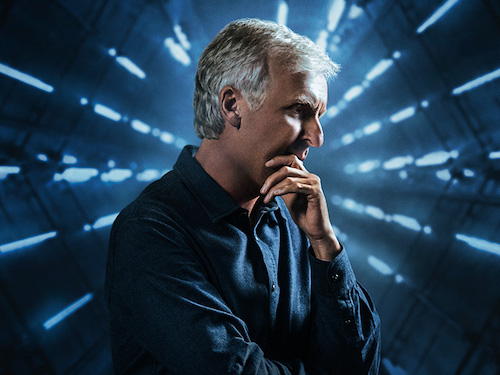
That's the secret of great screenwriting — taking the reader and eventual audience where they thought they were being led to, only to push them in a whole new direction.
If you can do that throughout your screenplay, you're going to leave an outstanding impression.
Read ScreenCraft's Screenwriting Wisdom from Steven Spielberg!
Ken Miyamoto has worked in the film industry for nearly two decades, most notably as a studio liaison for Sony Studios and then as a script reader and story analyst for Sony Pictures.
He has many studio meetings under his belt as a produced screenwriter, meeting with the likes of Sony, Dreamworks, Universal, Disney, Warner Brothers, as well as many production and management companies. He has had a previous development deal with Lionsgate, as well as multiple writing assignments, including the produced miniseries Blackout, starring Anne Heche, Sean Patrick Flanery, Billy Zane, James Brolin, Haylie Duff, Brian Bloom, Eric La Salle, and Bruce Boxleitner. Follow Ken on Twitter @KenMovies
For all the latest ScreenCraft news and updates, follow us on Twitter, Facebook, and Instagram.
Tags
Get Our Screenwriting Newsletter!
Get weekly writing inspiration delivered to your inbox - including industry news, popular articles, and more!














